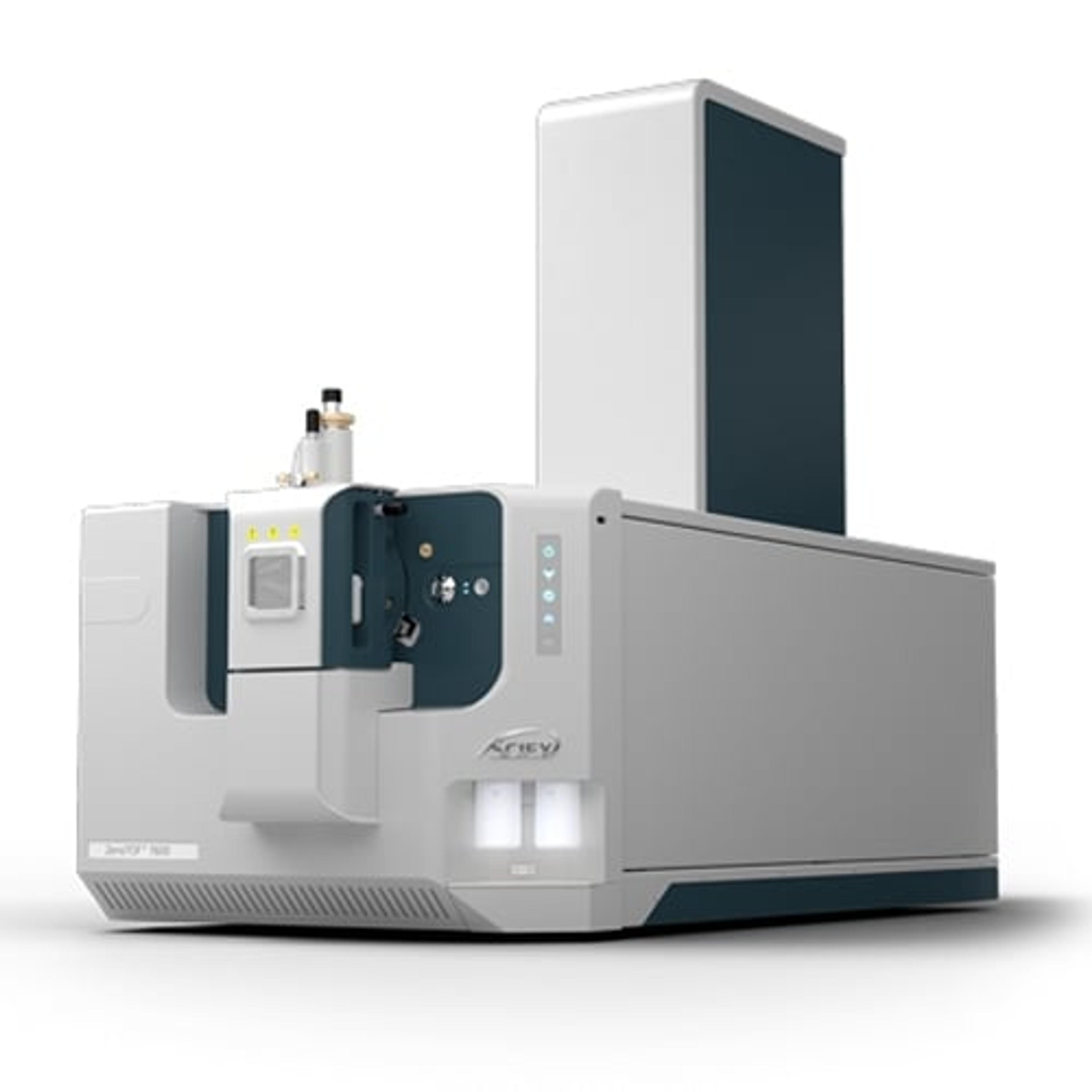SCIEX launches the next generation of data independent acquisition with Zeno SWATH DIA at ASMS 2022
15 Jun 2022
SCIEX, a manufacturer of life science analytical technologies, and a company of Danaher Corporation, launches Zeno SWATH DIA, a significant step forward in biomarker discovery and translation workflows.
Zeno SWATH DIA is the ultimate digital record of a sample that can enable researchers to discover more potential biomarkers to be used in the development of clinical tests and in the discovery of new therapies. By combining the sensitivity and robustness of the ZenoTOF 7600 system and the high dynamic range of Zeno SWATH DIA, researchers can now routinely quantify up x 2 the number of cell and plasma proteins than previously possible with SWATH approaches. The ability to quantify large numbers of lesser abundant proteins that were previously undetectable means that more potential biomarkers can be taken through to verification.
To enable translational research, this performance can be delivered at large scale. Run-times can be shortened to as little as 5 minutes with minimal compromise in proteome coverage. For the first time, large population-scale proteomic studies can be achieved in a matter of weeks, without compromising on the depth of information obtained. This means the potential for the development of clinical tests for early detection of disease is vastly increased.
“[With Zeno SWATH DIA] we can do things with higher sensitivity, faster,” said Markus Ralser, Director of the Institute of Biochemistry, Charité - Universitätsmedizin Berlin and group leader at The Francis Crick Institute, London. “If we can do things faster it means we can measure bigger sample sets. In clinical research this means that we can measure samples from more people at more timepoints.”
The sensitivity of Zeno SWATH DIA also enables large numbers of proteins to be quantified from sample loadings up to 10-fold lower than previous SWATH approaches. Lower sample loads mean reduced cost per sample in large scale studies, and minimized sample consumption from expensive in vivo models during drug development. Additionally, it creates opportunities for large population-scale sample collection methods such as patient-centric microsampling devices.
Markus Ralser added, “The higher sensitivity helps to reduce costs. In a 100,000 sample, project cost is very important. With Zeno SWATH DIA we can now do studies that we couldn’t do before due to cost alone.”
“To be able to quantify proteins at low abundance, over and over again, across large sample sets is the difference between a research curiosity and translational data with the potential to influence how patients are treated,” said Joe Fox, President at SCIEX. “The robustness of this approach is what will truly enable biomarker-centric approaches to medicine, driving a new era in translational OMICS research. Zeno SWATH DIA will enable the discovery of new biomarkers that allow for new therapies to be developed faster, and it has the potential to uncover the information to build precision medicine approaches.”
Want the latest science news straight to your inbox? Become a SelectScience member for free today>>

